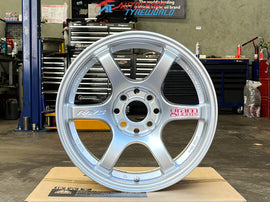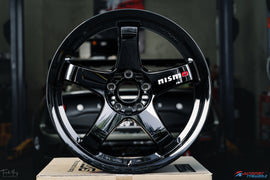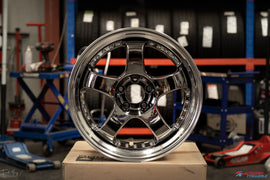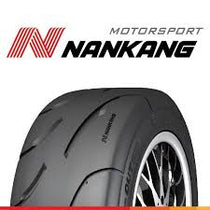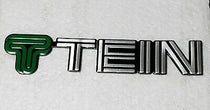Winter Tyres in Summer: Why It’s a Bad Idea
Winter tyres are engineered for one thing: cold weather performance. Their unique rubber compounds and tread designs give you grip and control when temperatures drop and roads are covered in snow, slush, or ice.
But once the weather warms up, those same features turn into disadvantages. Driving on winter tyres during summer months can hurt your car’s performance, shorten tyre life, increase fuel costs — and even compromise safety.
Let’s look at the three main reasons why winter tyres should be swapped out when summer arrives.
1. Winter Tyres Don’t Like Warm Roads
The rubber compound used in winter tyres is designed to remain soft and flexible below 7 °C (46 °F), ensuring traction on cold and slippery surfaces.
However, when exposed to warm tarmac, that same softness becomes a liability:
-
The tread wears out up to 60% faster, drastically reducing tyre lifespan.
-
The rubber becomes too pliable, losing the firmness needed for precise handling on dry, hot roads.
In short, using winter tyres in summer wastes money — you’ll be replacing them far sooner than necessary.
✅ Better alternatives for warm weather:
-
Summer tyres — built with stiffer compounds that maintain grip, stability, and efficiency in heat.
-
All-season tyres — a balanced option for mild climates, offering reliable performance year-round.
If you’re unsure which tyre type suits your driving habits and climate best, consult a qualified tyre specialist or your local dealer for expert advice.
2. You’ll Spend More on Fuel
Another consequence of using winter tyres in summer is increased rolling resistance — the effort required for your tyres to keep moving.
Because the rubber is softer, winter tyres deform more on hot roads, meaning:
-
Your car burns more fuel to maintain the same speed.
-
You’ll emit more CO₂, impacting the environment.
-
The ride can feel noisier and less smooth.
💡 Fact: Switching to summer tyres during warm months can improve fuel economy and reduce emissions, making your driving experience cleaner, quieter, and more efficient.
3. Handling and Safety Are Compromised
Perhaps the most critical reason not to drive on winter tyres in summer is safety.
Winter tyres are optimised for grip in snow and slush — not for sharp turns or high-speed braking on hot, dry roads. The softer tread blocks flex too much, resulting in:
-
Reduced steering precision,
-
Less responsive handling, and
-
Longer stopping distances.
📊 The difference is measurable:
-
Braking distance increases by at least 10% on dry roads,
-
And up to 26% on wet roads compared to summer tyres.
In an emergency — even those few extra metres can make all the difference.
Long-term, leaving winter tyres on through spring, summer, and autumn also means they’ll be too worn to perform properly by the time winter returns. The result? Weaker traction on ice and snow when you need it most.
The Bottom Line
Winter tyres are champions of cold-weather performance — but they’re out of their element in summer.
Here’s a quick recap:
| Condition | Best Tyre Type | Why It Works |
|---|---|---|
| Below 7 °C / 46 °F | Winter Tyres | Soft rubber compound stays flexible for grip and braking on snow/ice |
| Above 7 °C / 46 °F | Summer Tyres | Firm compound provides stability, control, and durability on warm, dry, or wet roads |
| Mild climates year-round | All-Season Tyres | Balanced design for moderate temperatures without seasonal changes |
Key Takeaways
✅ Switch to summer tyres when temperatures rise above 7 °C (46 °F).
✅ Winter tyres wear out faster — up to 60% more quickly on hot tarmac.
✅ Fuel economy suffers due to higher rolling resistance.
✅ Braking distances increase by 10–26% in warm conditions.
✅ All-season tyres can be a good alternative in regions with mild winters.
Final Thoughts
Your tyres are a critical safety component — and they perform best when used in the right conditions.
By switching from winter to summer tyres at the right time, you’ll not only stay safer, but also save money on fuel and replacements.
When it comes to tyre choice, seasonal awareness always pays off.
If in doubt, ask your tyre dealer or mechanic — they’ll help you find the right set for your driving conditions.

